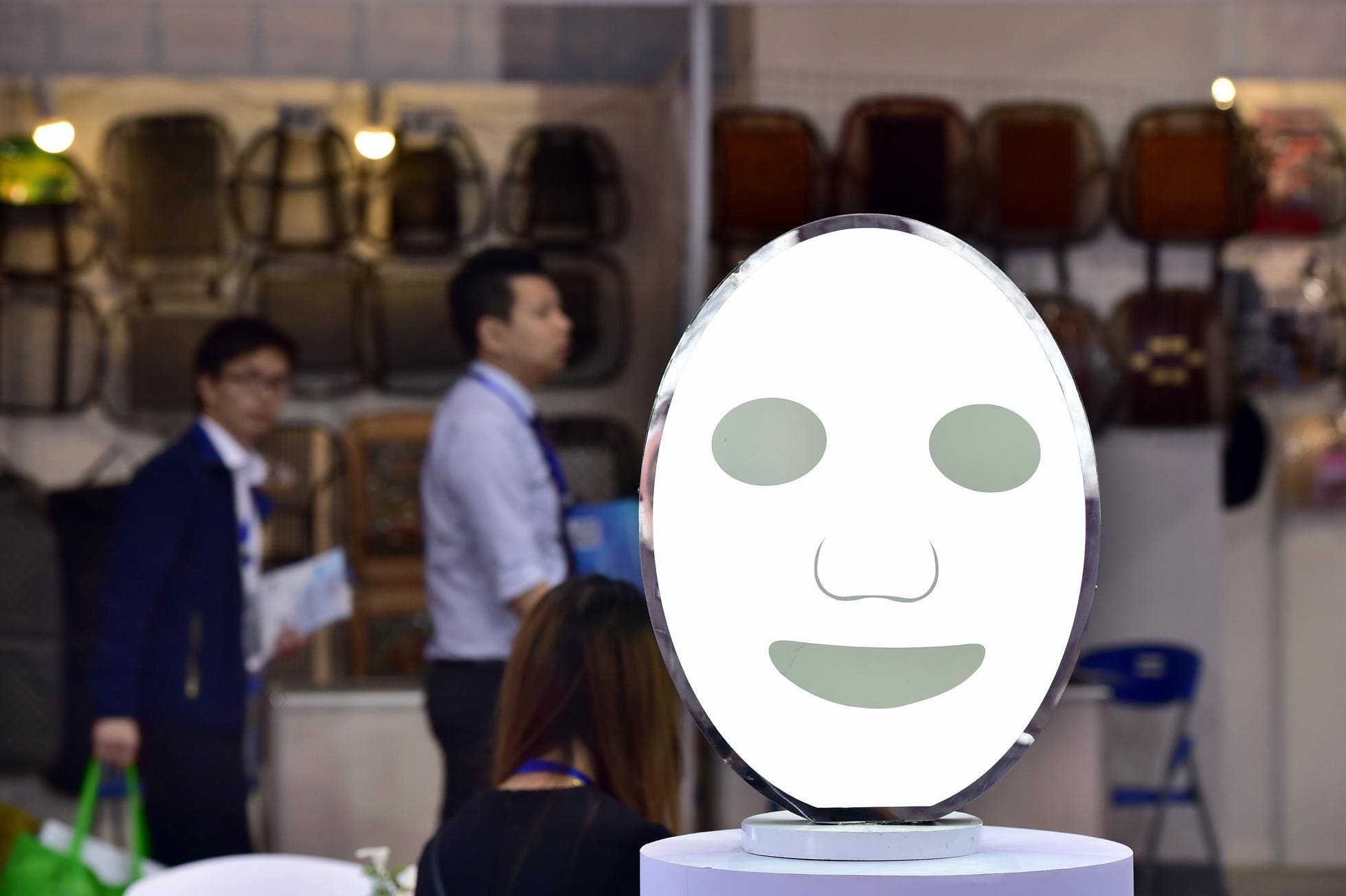Former Pharmacist Becomes A Billionaire By Selling $3 Facial Masks

STR/AFP VIA GETTY IMAGES
Zhang Liguo, the founder of Chinese skincare brand Fuerjia, has joined the world’s billionaire ranks after listing his company in the country’s tech hub of Shenzhen this week. But slowing growth and cut-throat competition are already casting a shadow over a company that has built its success by selling $3 facial masks.
Zhang, 59, built a fortune of $2.8 billion, based on his 84% ownership in Fuerjia, according to Forbes estimates. Headquartered in the northeastern city of Harbin, the skincare company raised 2.2 billion yuan ($306 million) in an initial public offering on the Shenzhen Stock Exchange on Tuesday. Trading has been volatile, with Fuerjia shares soaring as much as 44% on its debut day before plunging 15% and paring back most of the gains on Wednesday. The substantial shareholding is still enough to give Zhang a multi-billion-dollar fortune. Fuerjia didn’t respond to a request for comment on Zhang’s net worth.

The billionaire amassed his wealth by being one of the first to spot an opportunity in what was then a nascent market for skincare products, according to Fuerjia’s prospectus and local media reports. Zhang spent his early career working as a pharmacist at a local hospital in Heilongjiang, a province in the far northeast that is known for producing rice. He later worked for the state-affiliated pharmaceutical firm Hapharm Group, which is also headquartered in Harbin, before striking out on his own in 1996.
The entrepreneur initially sold injection-based medical treatments for various infections and for alleviating the symptoms of diseases such as cerebral hemorrhage, but decided to shift to skincare in 2012, after noticing a rapidly growing need for better quality products. He launched the company’s first facial mask two years later, touting benefits such as moisturization and helping to speed up the skin’s healing process.
Simultaneously, Zhang built up a large distribution network to sell his masks to the booming aesthetic medical industry and to private hospitals in China, in addition to opening his own stores via online channels such as Alibaba’s Tmall shopping site.
The facial masks, which retail for about $3 apiece, have helped Fuerjia generate $246 million in sales last year, while net profit stood at $118 million, according to its prospectus. In 2021, Zhang launched a new skincare line called Huihuxi, but the company said in its prospectus that the new skincare line is still at an infancy stage.
Meanwhile, challenges loom. Zhang Yi, founder of Guangzhou-based data and research firm iiMedia Research (no relation to Zhang Liguo), says the aesthetic medical industry is under close scrutiny by regulators and authorities have already cracked down on ads that they consider make people anxious about their looks.
Fuerjia also faces fierce competition from rival brands owned by fellow billionaires Fan Daidi’s Giant Biogene and Zhao Yan’s Bloomage Biotechnology, which are vying for consumers’ attention, especially via online platforms including e-commerce sites and short-video apps.
Fuerjia acknowledged the cut-throat competition as the top risk factor in its prospectus, and added that it faces “rising difficulties” in attracting new customers. The company also pointed to the potential for new regulatory guidelines governing production and quality, which may result in higher compliance costs. For the first half of this year, Fuerjia is forecasting a maximum of $122.5 million in revenues, and a growth rate of up to 7.7% from the same period last year, which also marks a considerable slowdown from the double-digit sales growth seen just a couple years ago.





